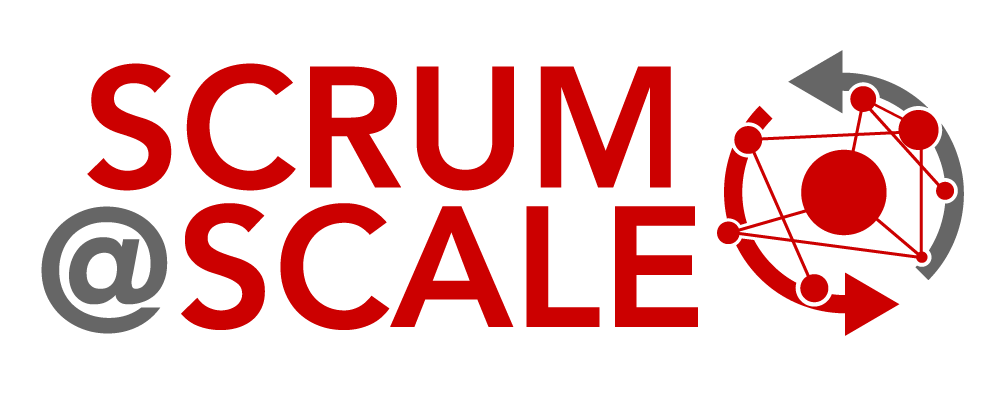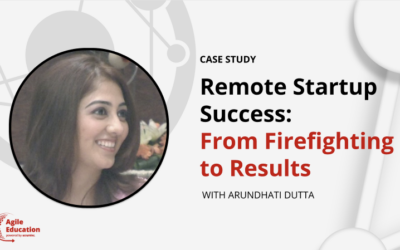Scrum@Scale Case Study
Harman International:
Increasing Value Delivered
CASE STUDY SNAPSHOT
Organization: Harman
Organization Size:Large
Industry: Computer and Electronic Product Manufacturing
Topics: Leadership Participation, Minimum Viable Product (MVP)
Date: 2018
Website: Marta’s website
Summary
Harman International, a Samsung company that engineers connected car entertainment systems, decided to develop a broad platform for their technology, which could be customized based on different customers’ specific needs. Because the project involved many unknowns, development was assigned to the research team while a separate group of engineers was tasked with building the specific customizations.
The problem was that after a year of work, none of the functionality was working effectively enough to be tested and nothing had been released to market or even put in front of a customer. When Scrum@Scale Trainer, Marta Iffland, joined the initiative she was met with what she describes as “a patchwork of customer hacks on a broad platform of technical debt.”
She knew Scrum@Scale could turn things around.
An empirically driven MVP approach
Marta started by focusing delivery around Sprint Goals that were formulated as hypotheses created by a chief product owner. The hypotheses were decomposed and pulled by each of the six teams so that each team was either testing a different element of the overarching hypothesis or a related hypothesis every Sprint.
It took the teams around 10 sprints to master formulating and validating hypotheses by getting MVPs in customers’ hands and using direct customer feedback to determine what the marketplace valued.
Over the course of the next year and a half, Hypothesis-testing through Scrum@Scale’s iterative approach enabled the company to better navigate the complex and unknown market in order to drive value and increase innovation.
Feedback loops for determining business value quickly emerged and today, the teams are able to deliver as many as 3 MVPs per sprint, while increasing the Business Value per point by a factor of 3.
More Case Studies
Enhancing Agile Workflows with Shorter Planning Cycles
Remote Startup Success: From Firefighting to Results
Agile Education Case Study Remote Startup Success: From Firefighting to Results This case study focuses on a remote startup that faced challenges with disorganized workflows, team burnout, and a lack of a clear product vision. The startup had no Product Owner, leading...
Improve Predictability and Performance: Using Aggregated Velocity Data in Scrum@Scale
Agile Education Case Study Improve Prioritization and Performance: Using Aggregated Velocity Data in Scrum@Scale This case study explores how aggregated velocity data was used to improve the performance, prioritization, and predictability of engineering teams in a...



